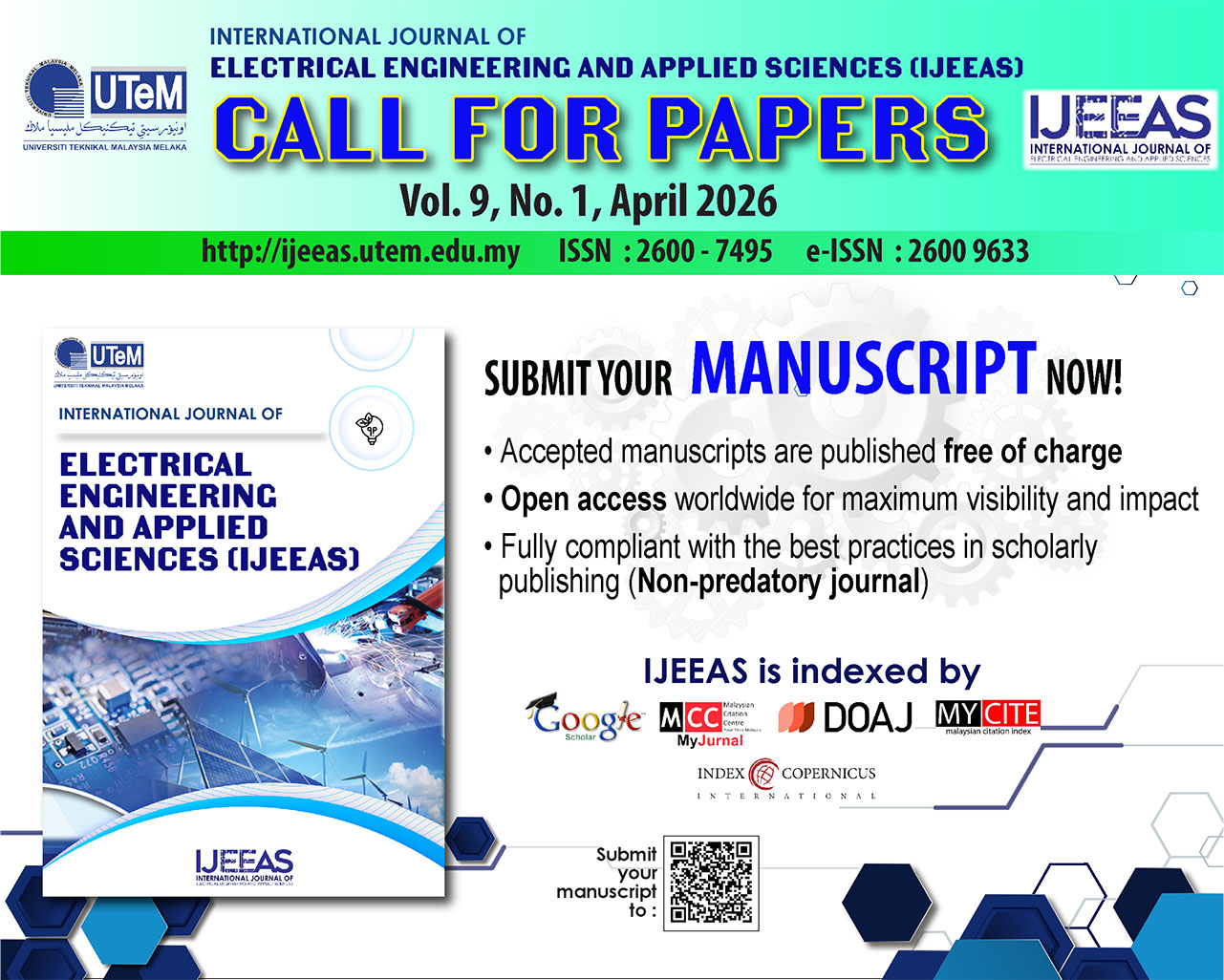Energy Demand Planning in Boma: Towards Sustainable Electrification
Abstract
Cette étude se concentre sur la planification de la demande d’énergie à long terme pour le secteur résidentiel de Boma, en République démocratique du Congo, en raison des fréquentes coupures de courant. L’objectif principal est d’analyser la consommation d’énergie, les émissions de dioxyde de carbone et les coûts sociaux associés à l’aide du logiciel LEAP. Des méthodes de recherche quantitatives et qualitatives ont été appliquées, y compris des enquêtes auprès de 376 consommateurs résidentiels. Les résultats montrent une dépendance croissante à l’égard des sources d’énergie alternatives, ce qui entraîne des conséquences environnementales et économiques importantes. Les résultats généraux soulignent la nécessité d’améliorer l’accès aux sources d’énergie durables et de promouvoir l’électrification. Des résultats spécifiques indiquent que la transition vers les énergies renouvelables pourrait réduire les émissions de dioxyde de carbone tout en améliorant la qualité de vie des ménages. Les leçons apprises soulignent l’importance de la planification énergétique pour assurer un avenir durable.
Downloads
Downloads
Published
How to Cite
Issue
Section
License
Authors who publish with this journal agree to the following terms:
- Authors retain copyright and grant the journal right of first publication with the work simultaneously licensed under a Creative Commons Attribution License that allows others to share the work with an acknowledgement of the work's authorship and initial publication in this journal.
- Authors are able to enter into separate, additional contractual arrangements for the non-exclusive distribution of the journal's published version of the work (e.g., post it to an institutional repository or publish it in a book), with an acknowledgement of its initial publication in this journal.
- Authors are permitted and encouraged to post their work online (e.g., in institutional repositories or on their website) prior to and during the submission process, as it can lead to productive exchanges, as well as earlier and greater citation of published work (See The Effect of Open Access).







